Key Points
- Tardigrades (Water Bears) are top survivors, enduring space vacuum and radiation via cryptobiosis.
- Other animals like cockroaches (radiation-resistant) and brine shrimp (dormant cysts) also survive.
- Scientists study these animals on the ISS to learn how life adapts to extreme environments.
Animals that can survive in space: Space is a harsh place to be. The temperatures are extreme, there is no pressure, and the radiation is very strong. Humans need complicated spacecraft, but there are many more animals in space than just astronauts. When we think of exploring space, we usually think of people doing it, but scientists have been sending animals to see how well they can survive for decades. In fact, some 'extremophiles' have proven they don't even need the spacecraft. The European Space Agency (ESA) sent a mission called FOTON-M3 to space in 2007. Tardigrades were exposed to the open vacuum and lived. This should make you wonder: what other amazing animals can live in space?
List of Incredible Earthly Animals that Can Survive in Space
Here is a list of amazing animals, from tiny ones to common insects, that have demonstrated an extraordinary ability to survive in the harsh conditions of space.
| Name of Animal | Type | Key Survival Trait for Survival in Outer Space |
| Tardigrade | Micro-animal | Cryptobiosis (suspended animation) |
| Cockroach | Insect | High radiation resistance |
| Brine Shrimp | Crustacean | Dormant cysts (eggs) |
| Nematode (C. elegans) | Worm | Survived the Columbia disaster (in moss) |
| Fruit Fly | Insect | Resilient reproductive cycle |
| Mummichog | Fish | Adapts to zero-gravity orientation |
| Jumping Spider | Arachnid | Maintained hunting in zero-G |
| Tobacco Hornworm | Insect | Studied for zero-G flight |
| Common House Spider | Arachnid | Adapted hunting in zero-G |
Also Read - List of Top 7 Animals that Hibernate the Longest on Earth
1. Tardigrades (Water Bears)
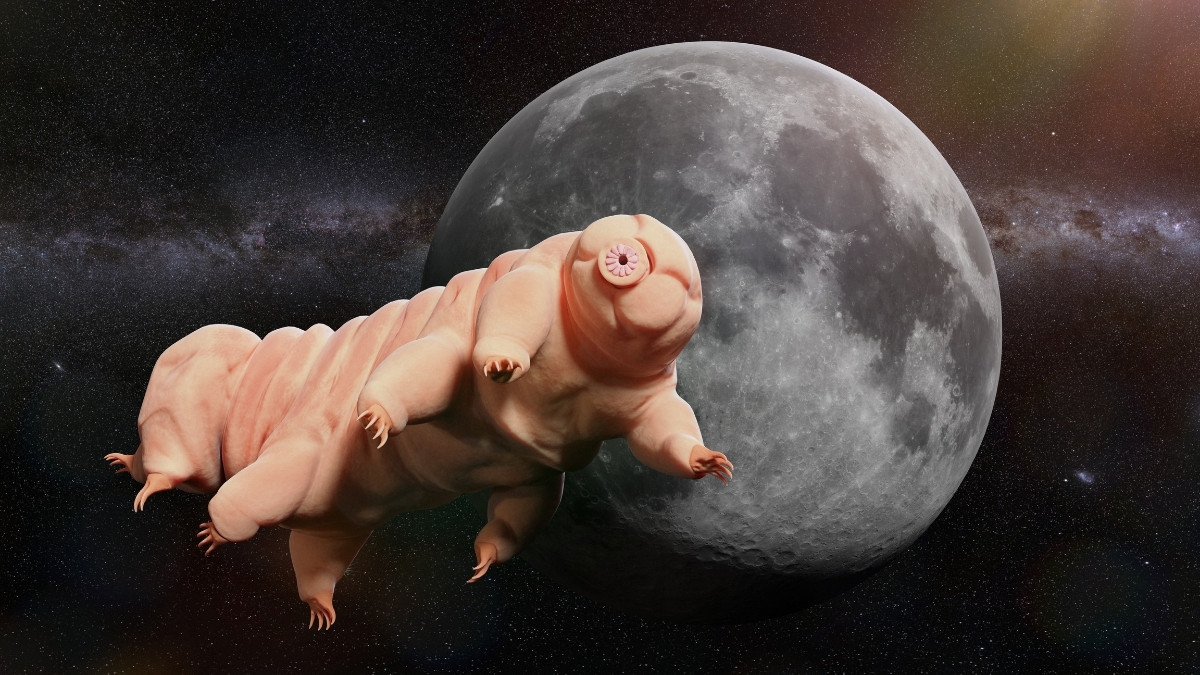
These microscopic powerhouses are the champions of space survival. In 2007, researchers on ESA's FOTON-M3 mission sent tardigrades into orbit. They were exposed directly to the vacuum and lethal solar radiation. Back on Earth, many were revived, proving they can enter a state of suspended animation called cryptobiosis to endure conditions that would instantly kill other life forms.
2. Cockroaches
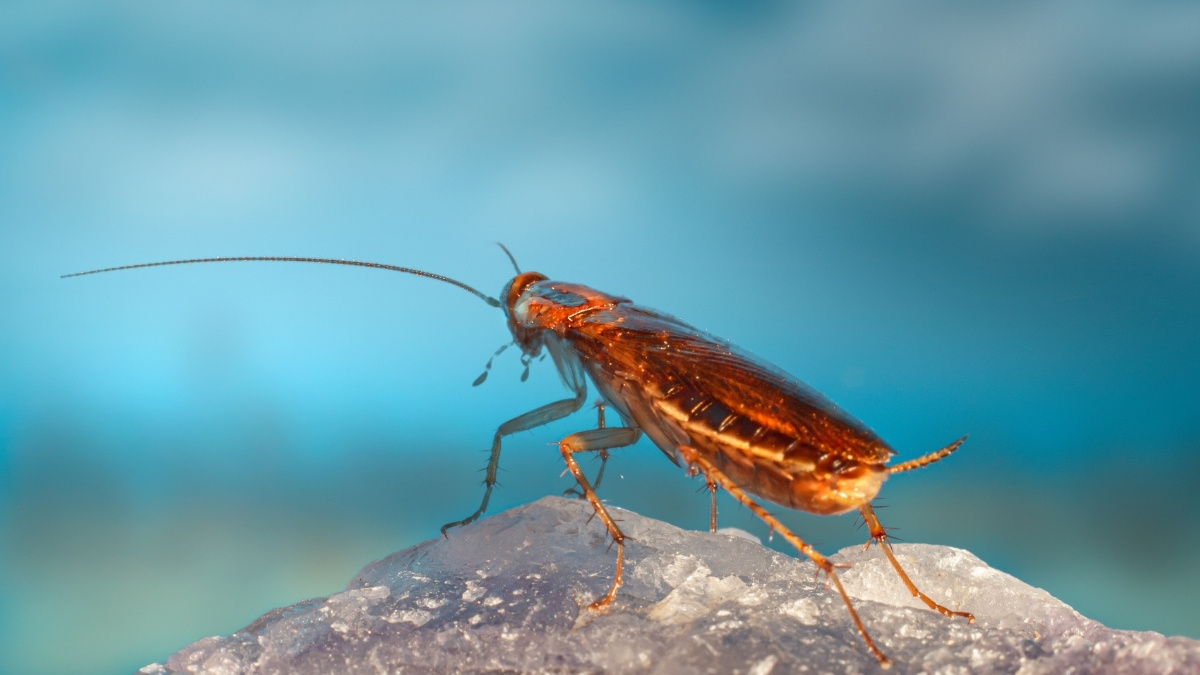
While many wish they weren't so resilient, the cockroach is a remarkable survivor. They are known to withstand radiation levels far exceeding the lethal dose for humans. In one experiment, a cockroach named Nadezhda ('Hope') was sent to space on a FOTON-M bio-satellite and successfully produced offspring back on Earth, making her the first terrestrial creature to give birth after a space flight.
3. Brine Shrimp (Artemia)
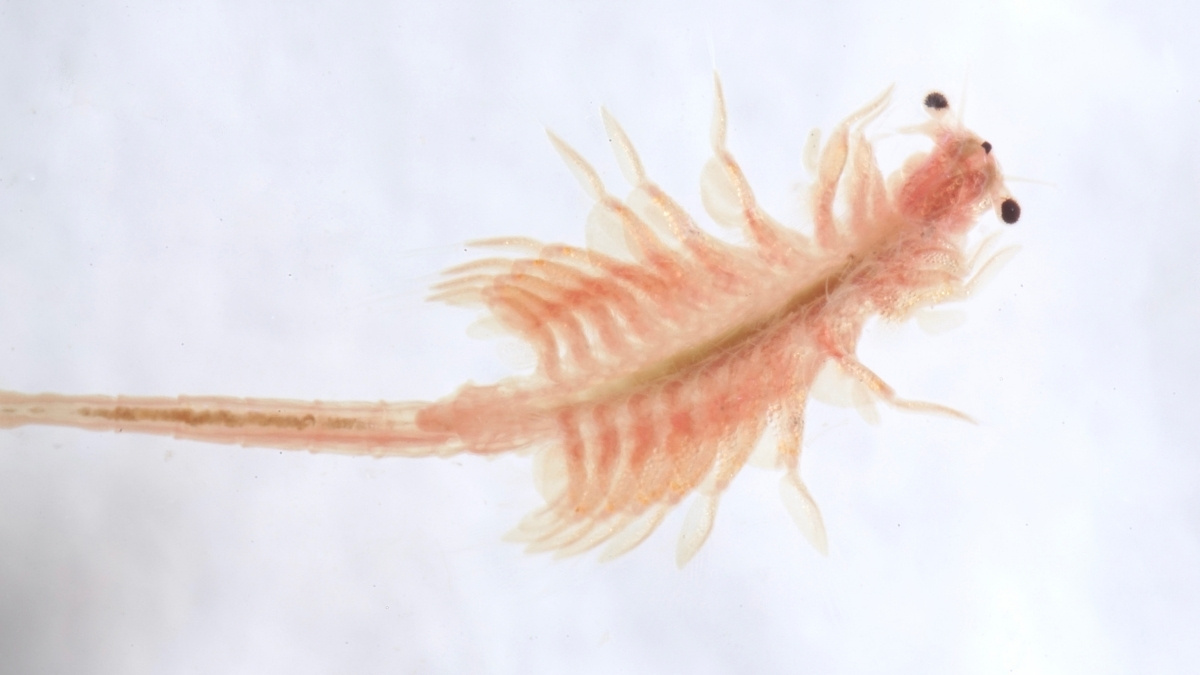
Brine shrimp, or "Sea-Monkeys," have flown on several space missions, including Apollo 16 and 17. Their survival trick lies in their eggs, or cysts. These cysts can enter a state of dormancy, drying out completely and enduring extreme temperature swings and radiation. Once returned to normal conditions (like water), they can hatch, unharmed.
4. Nematodes (C. elegans)
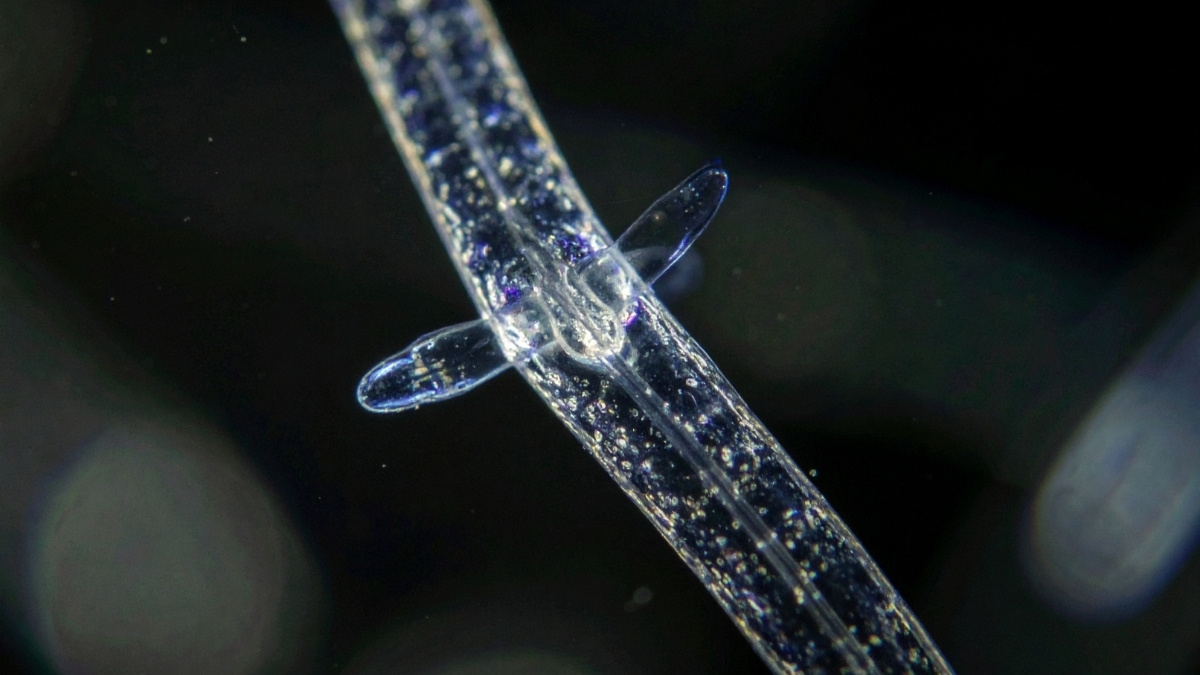
These tiny worms are a favourite for scientists studying genetics and aging. Their resilience was tragically proven when mosses containing C. elegans colonies were recovered from the 2003 Space Shuttle Columbia disaster. The worms lived through the shuttle's breakup and re-entry, which shows how tough they are.
5. Fruit Flies (Drosophila)
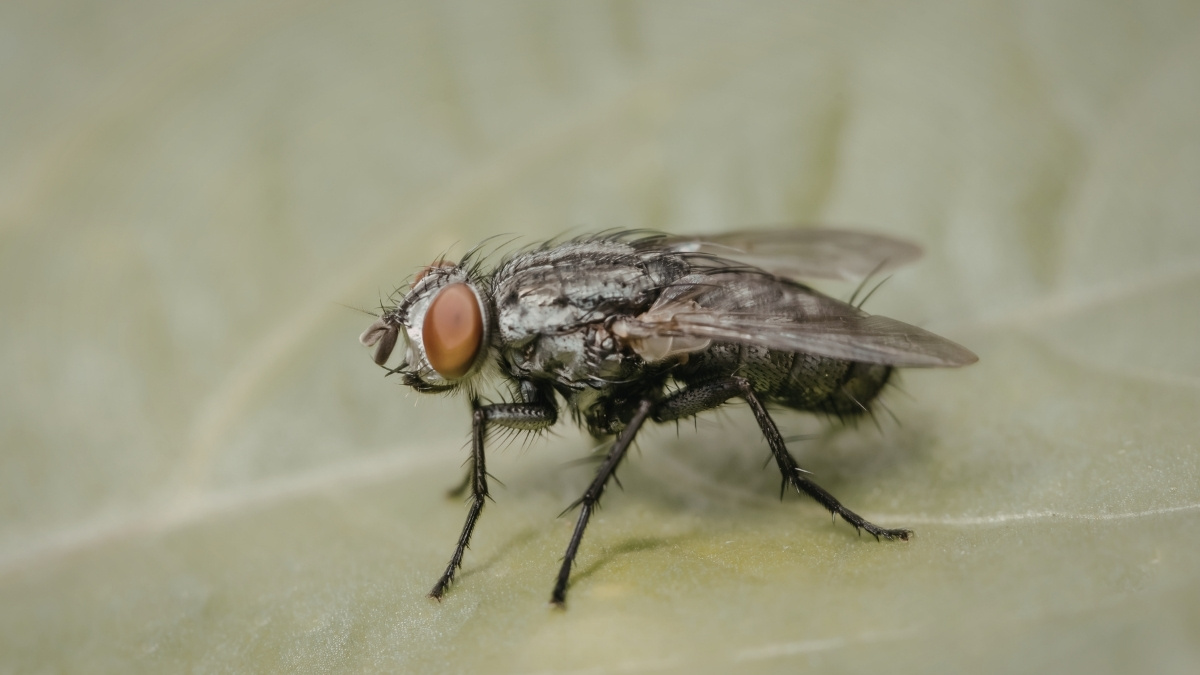
The U.S. sent fruit flies into space in 1947, before monkeys or dogs. They were some of the first animals to go into space. Scientists sent them to look into how radiation exposure affects people at high altitudes. They are surprisingly tough and have been used in countless experiments on the ISS to study how spaceflight affects genetics, reproduction, and the immune system across generations.
6. Mummichog (Fish)
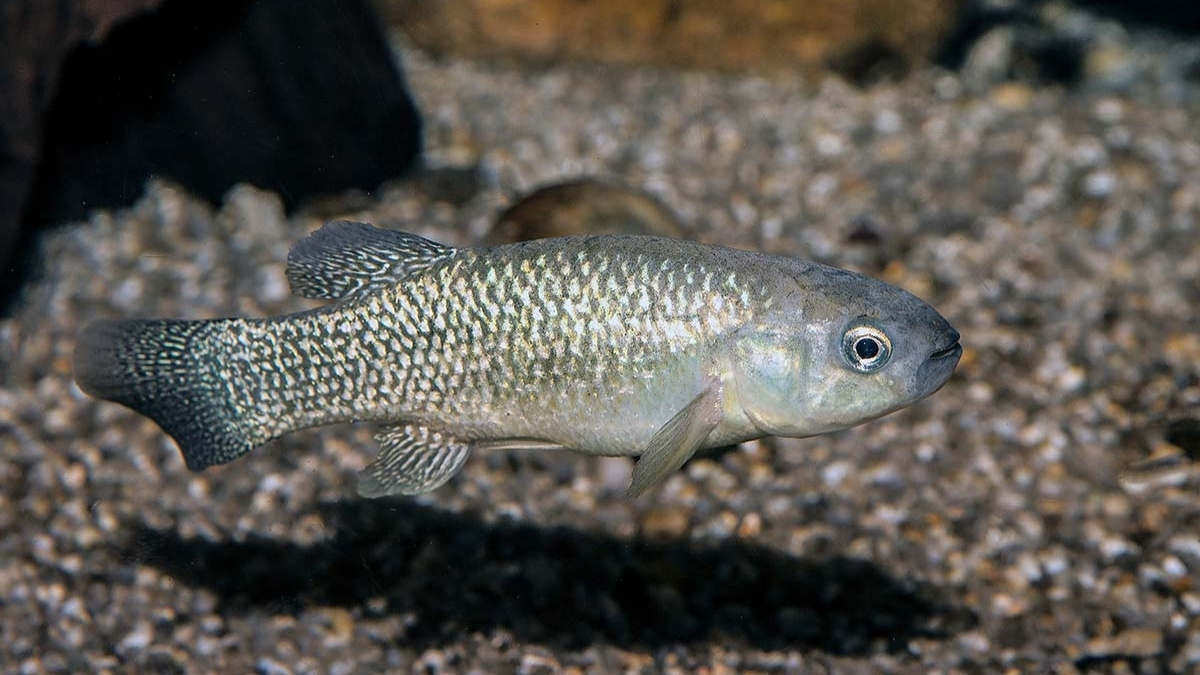
Credit - thefisherman.com
How do you swim when there is no gravity? We used the Mummichog, a small killifish that can live in many different places, to find out. The fish were sent to the Skylab space station in 1973. At first, they swam in circles that made no sense. But after a few days, they got used to it and learned to use light as their "up" and "down" point instead of gravity.
7. Jumping Spiders
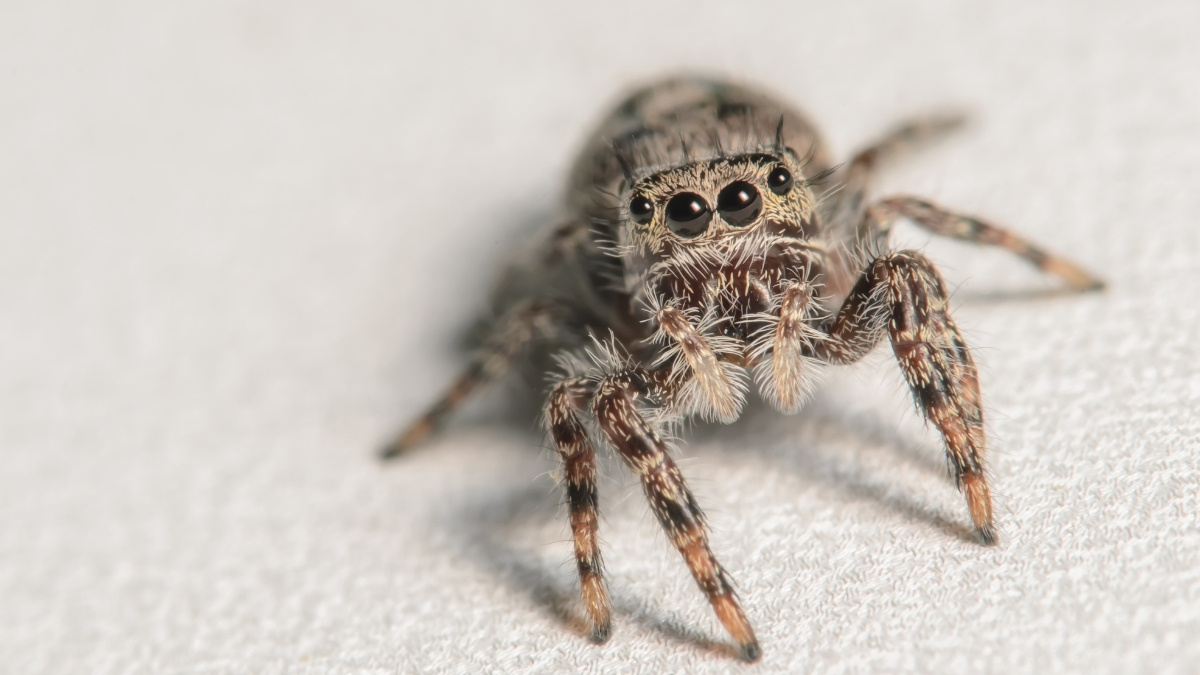
In 2012, a jumping spider named "Nefertiti" became well-known on the International Space Station (ISS). Scientists sent the spider into space to see if it would hunt differently when there was no gravity. Nefertiti could hunt fruit flies by stalking and pouncing, which showed that its instincts as a predator worked perfectly, even when there was no gravity.
8. Tobacco Hornworm (Moth)
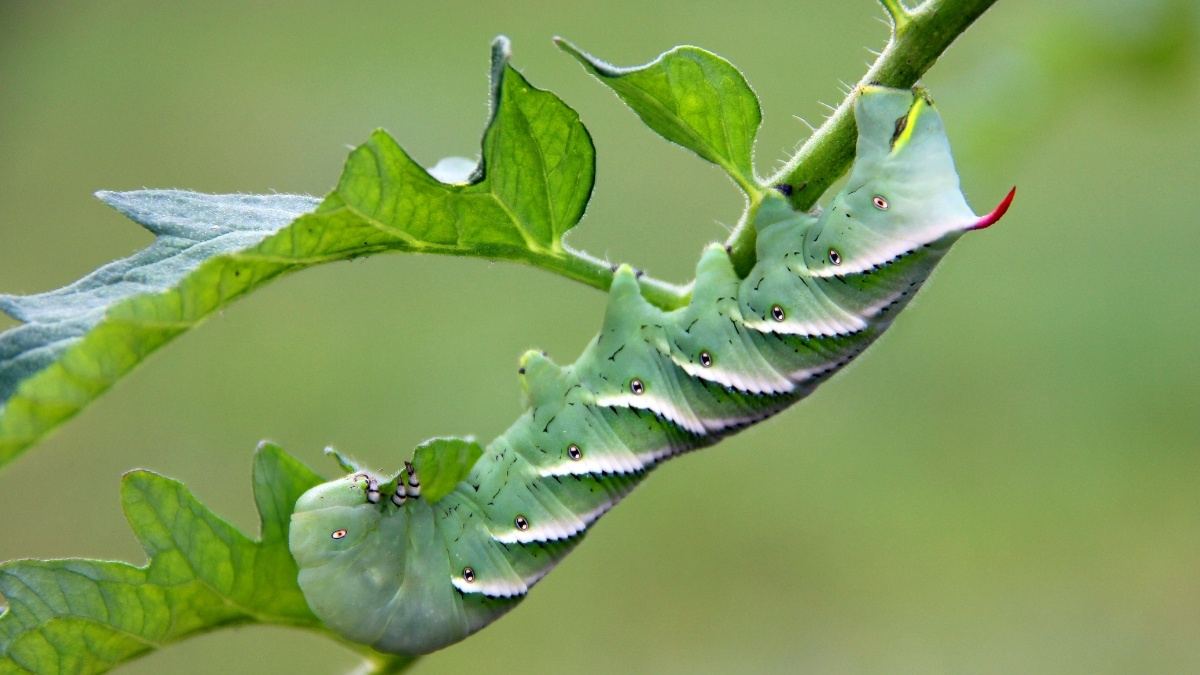
Scientists sent Tobacco Hornworm pupae (which turn into moths) on an Apollo mission to learn more about how insects might fly in microgravity. Researchers looked at how the moths that emerged in space oriented themselves. This gave them useful information about how the nervous system develops without gravity.
9. Common House Spider
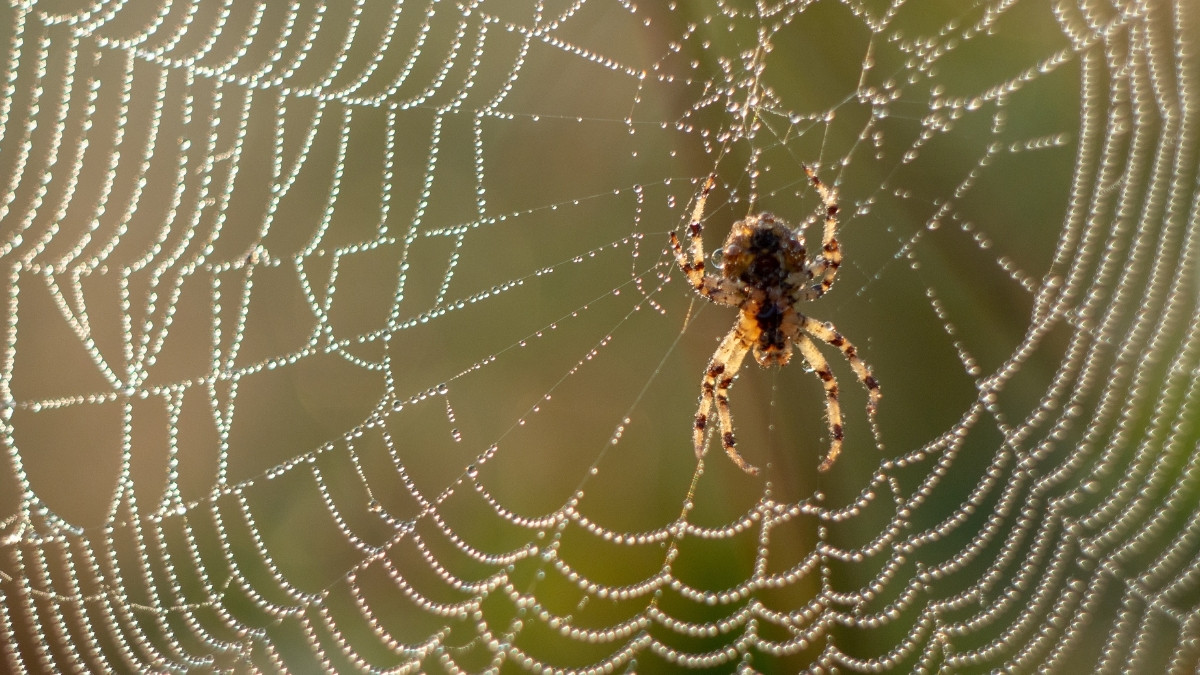
Nefertiti changed the way she hunted, but another spider on Skylab named "Esmeralda" adapted in a different way. Spiders use the force of gravity to help them make their webs. Esmeralda's first webs in space were messy, but she eventually learned how to make a more useful, symmetrical web. This shows how well animals can adapt.
Check Out - List of 9 Animals with the Hardest Shell (and Armour) in the World
These animals push the boundaries of life, from the tiny tardigrade to the common fruit fly. Their amazing ability to survive in space not only teaches us how to adapt, but it also gives us important information for future long-term human space exploration.
Comments
All Comments (0)
Join the conversation